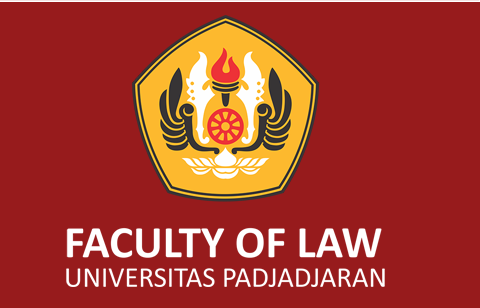Abstract
Keadaan bahaya atau kedaruratan senantiasa dihadapi oleh setiap negara yang memaksa negara yang bersangkutan melakukan tindakan-tindakan, baik berupa penetapan keadaan bahaya (extraordinary measures) ataupun penetapan aturan (extraordinary rules) untuk memulihkan keadaan bahaya tersebut. Umumnya tindakan-tindakan untuk mengatasinya diatur dalam konstitusi atau undang-undang dasar negara yang bersangkutan agar tindakan dimaksud mempunyai dasar hukum yang kuat. Undang-Undang Dasar 1945 mengatur dua hal kedaruratan, yaitu dalam Pasal 12 yang memberikan wewenang kepada presiden menetapkan keadaan bahaya (extraordinary measures), serta Pasal 22 yang menjadi dasar konstitusional dikeluarkannya peraturan pemerintah pengganti undang-undang oleh presiden (extraordinary rules). Dalam praktik, tidak mudah mengualifikasi suatu keadaan sebagai genting memaksa. Artikel ini menganalisis peraturan pemerintah pengganti undang-undang dalam perspektif ajaran konstitusi serta prinsip negara hukum. Untuk menghindarkan terjadinya kesewenang-wenangan, perpu perlu memiliki sejumlah limitasi, meliputi makna, ruang lingkup atau materi muatan, proses pembentukan dan pembahasan, serta akibat hukum.
Government Regulation in Lieu of Law from the Perspective of Constitutionalism and the Rule of Law
Abstract
Every country has always faces condition of emergency which forces such a country to determine or to decide extraordinary measures and extraordinary rules in order to restore the abnormal condition to become a normal one. In general, those measurements should have been regulated by a constitution in order to ensure that legitimate and legal acts are secured. The Amended 1945 Constitution provides distinct rules in regard to the exigencies, namely Article 12 (extraordinary measures) and Article 22 (extraordinary rules). The latter gives the way to the establishment of government regulation in lieu of law. In practice, however, it is quite difficult to qualify a particular condition as an emergency. This article examines government regulation in lieu of law from the perspective of constitutionalism and the rule of law. It is argued that to avoid arbitrariness as a result of the use of discretion in determining the emergency condition and to ensure that the extraordinary power is in line with constitutionalism and the rule of law principle, it is fundamental to apply limitations upon the use of it which include the accurate meaning of exigencies, limited subject matters of government regulation in lieu of law, the clear procedure of enactment, as well as its well-defined legal implications.
Keywords: emergency, abnormal condition, constitusionalism, government regulation in lieu of law, the rule of law.
DOI: https://doi.org/10.22304/pjih.v4n2.a1
Recommended Citation
Manan, Bagir and Harijanti, Susi Dwi
(2017)
"Artikel Kehormatan: Peraturan Pemerintah Pengganti Undang-Undang dalam Perspektif Ajaran Konstitusi dan Prinsip Negara Hukum,"
Padjadjaran Jurnal Ilmu Hukum (Journal of Law): Vol. 4:
No.
2, Article 11.
DOI: https://doi.org/10.22304/pjih.v4n1.a1
Available at:
https://journal.unpad.ac.id/pjih/vol4/iss2/11
DOI
https://doi.org/10.22304/pjih.v4n1.a1










